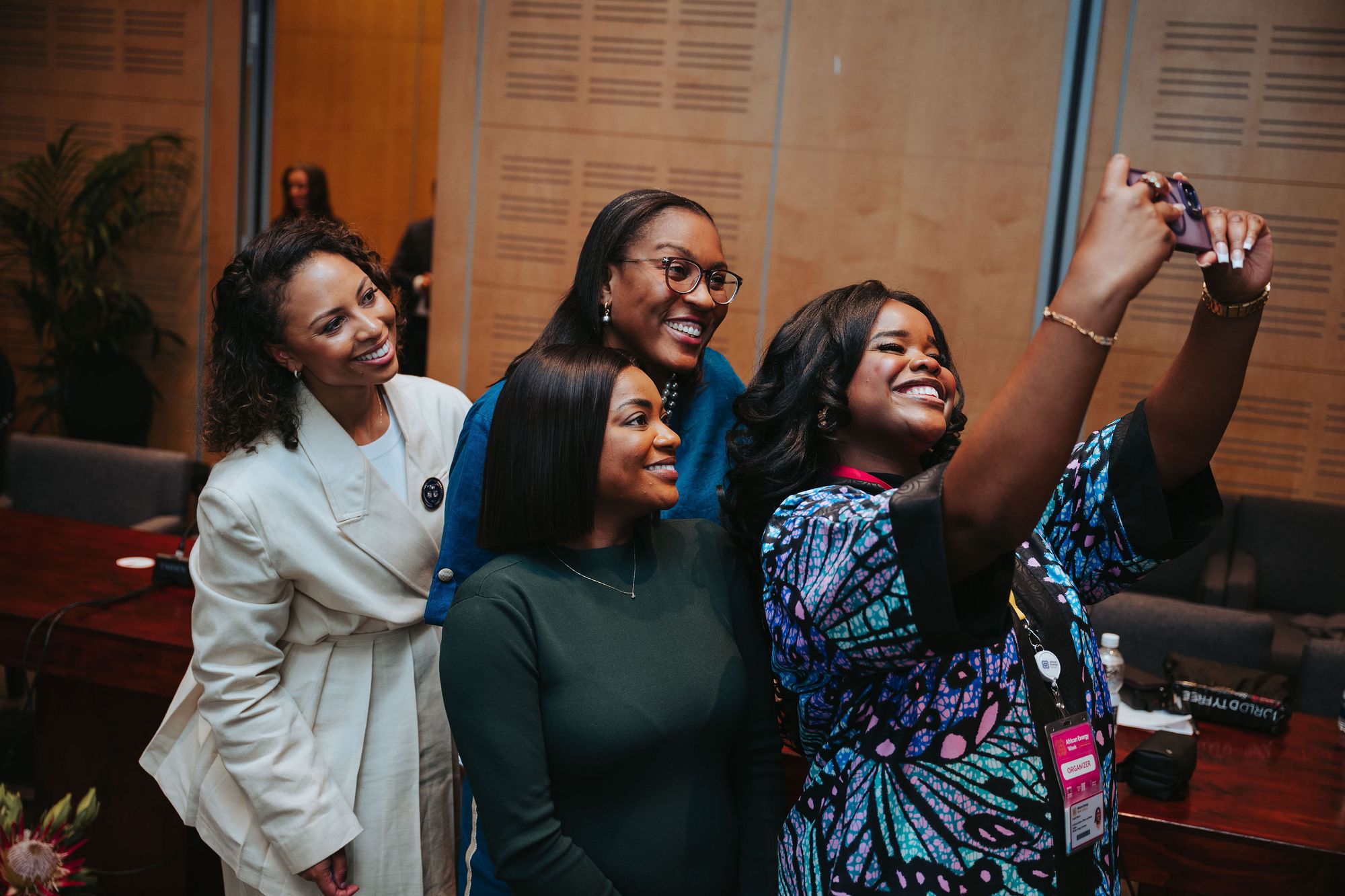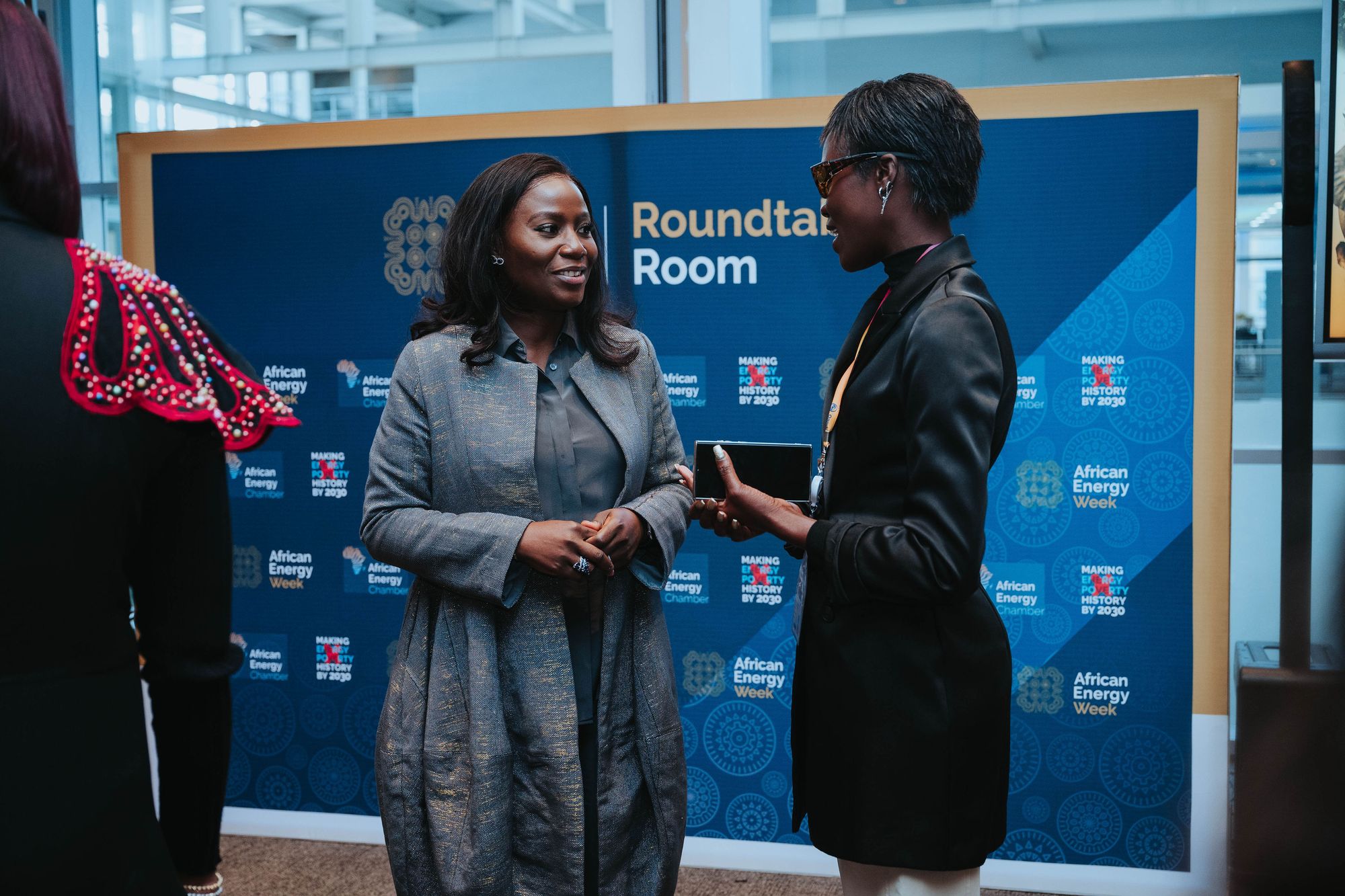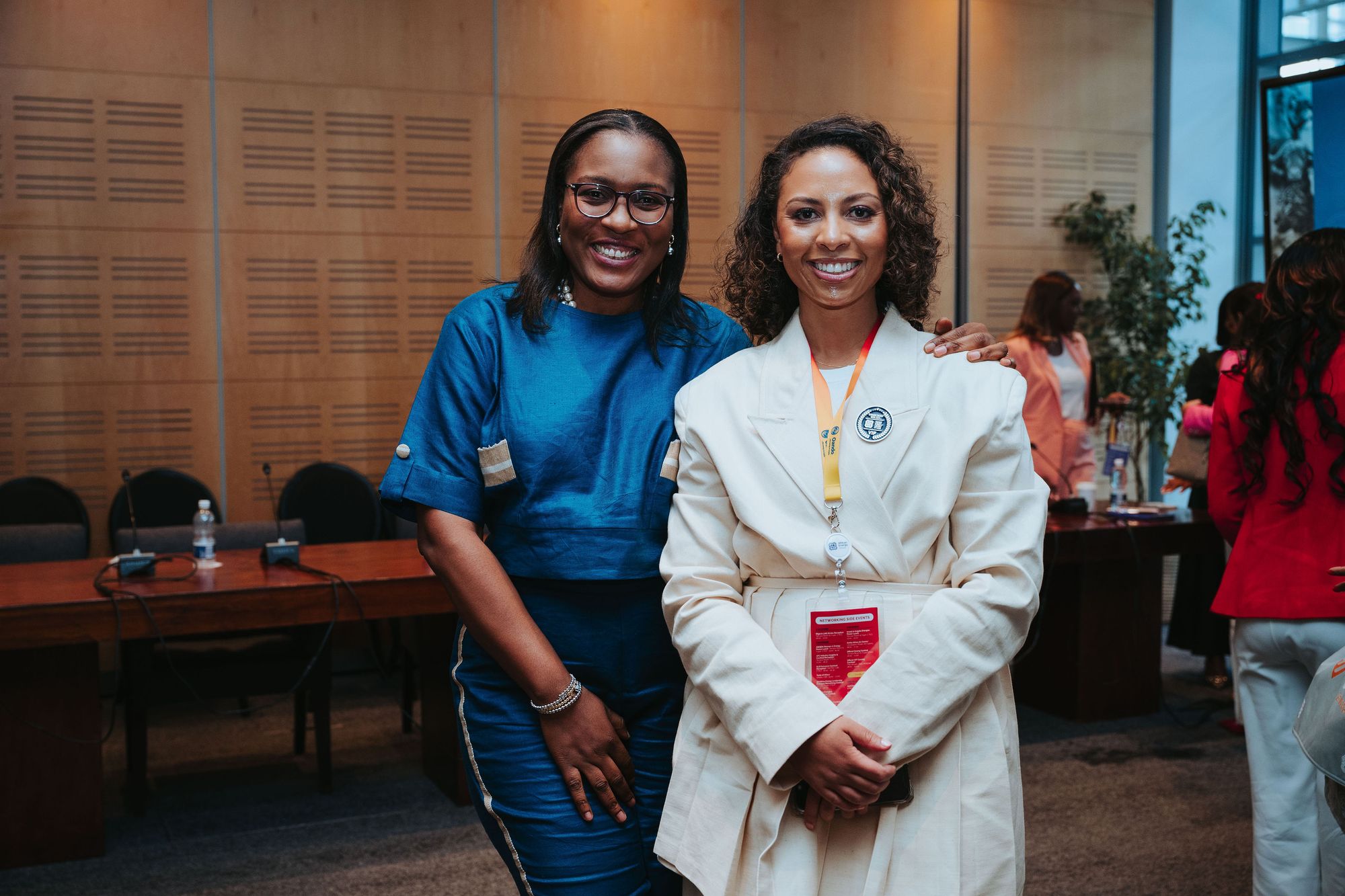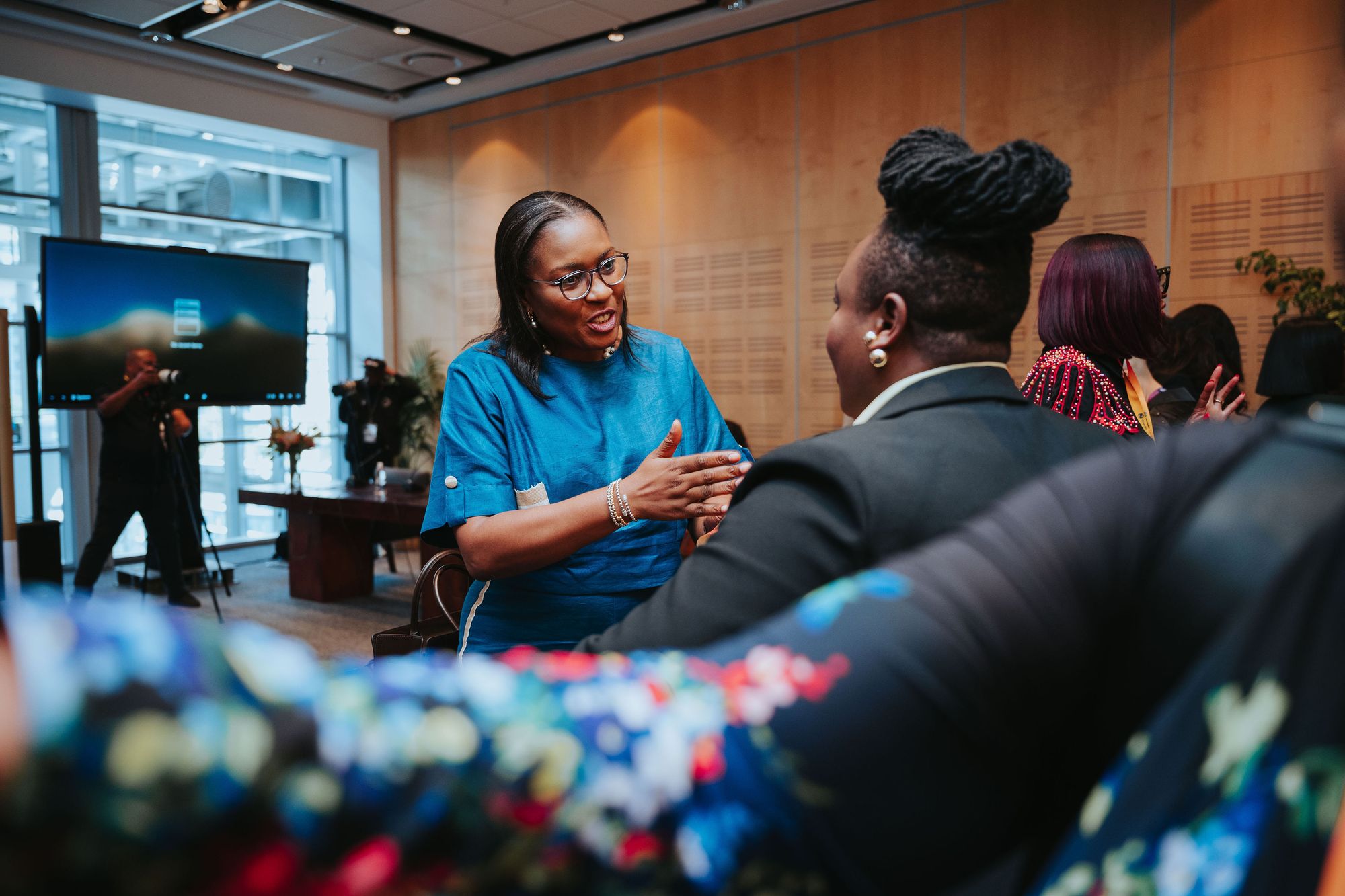The Future of Energy: Shaping the Workforce of Tomorrow
African Energy Week, Cape Town, South Africa – The anticipation was felt from the energy in the room as the African Energy Week’s Women in Energy round table discussion began, marking a pivotal moment for the future of the industry. Bringing together an impressive group of influential women leaders, this session, hosted by the African Women Business Energy Network (AWBEN), centred on a critical question: How can Africa build a workforce capable of meeting its energy demands while fostering diversity, resilience, and innovation?
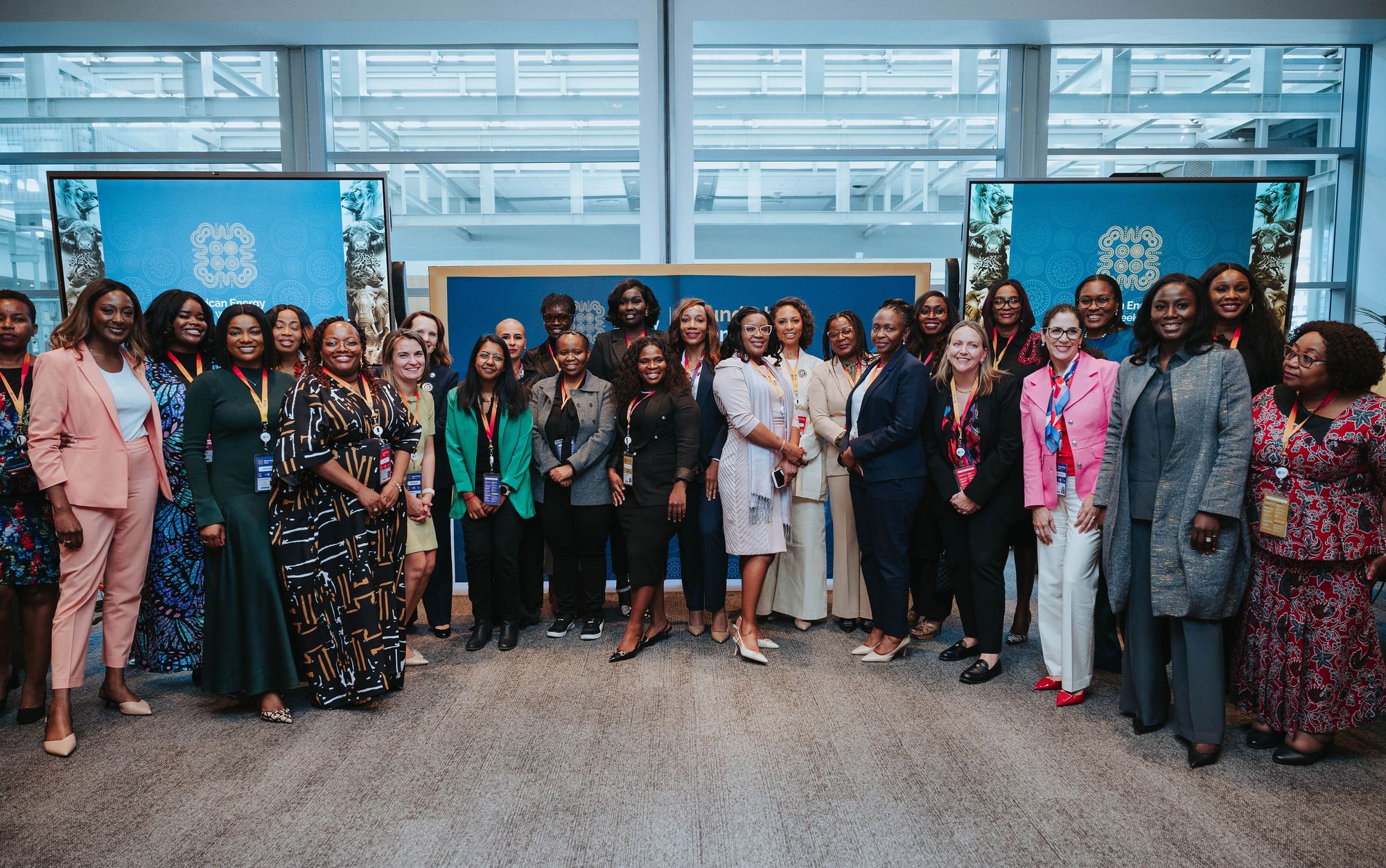
Insights and Collaborative Visions
This engaging round table offered a platform for key figures in the energy sector to share their insights and aspirations. The theme, “The Future of Energy: Shaping the Workforce of Tomorrow,” set the tone for dynamic discussions about inclusivity, skill development, and leadership. Each speaker brought a distinct viewpoint, underscoring how Africa’s energy sector can lead with forward-thinking strategies.
Delivering the keynote address, Mrs. Olu Arowolo Verheijen underscored that Africa stands at a critical point in its development, with vast energy resources but more than 75% of the population still lacking adequate access. To change this narrative, she advised that energy must be transformed into a driver of industrialisation and development, underpinned by a workforce that is adaptable, diverse, and prepared to navigate an ever-evolving landscape.
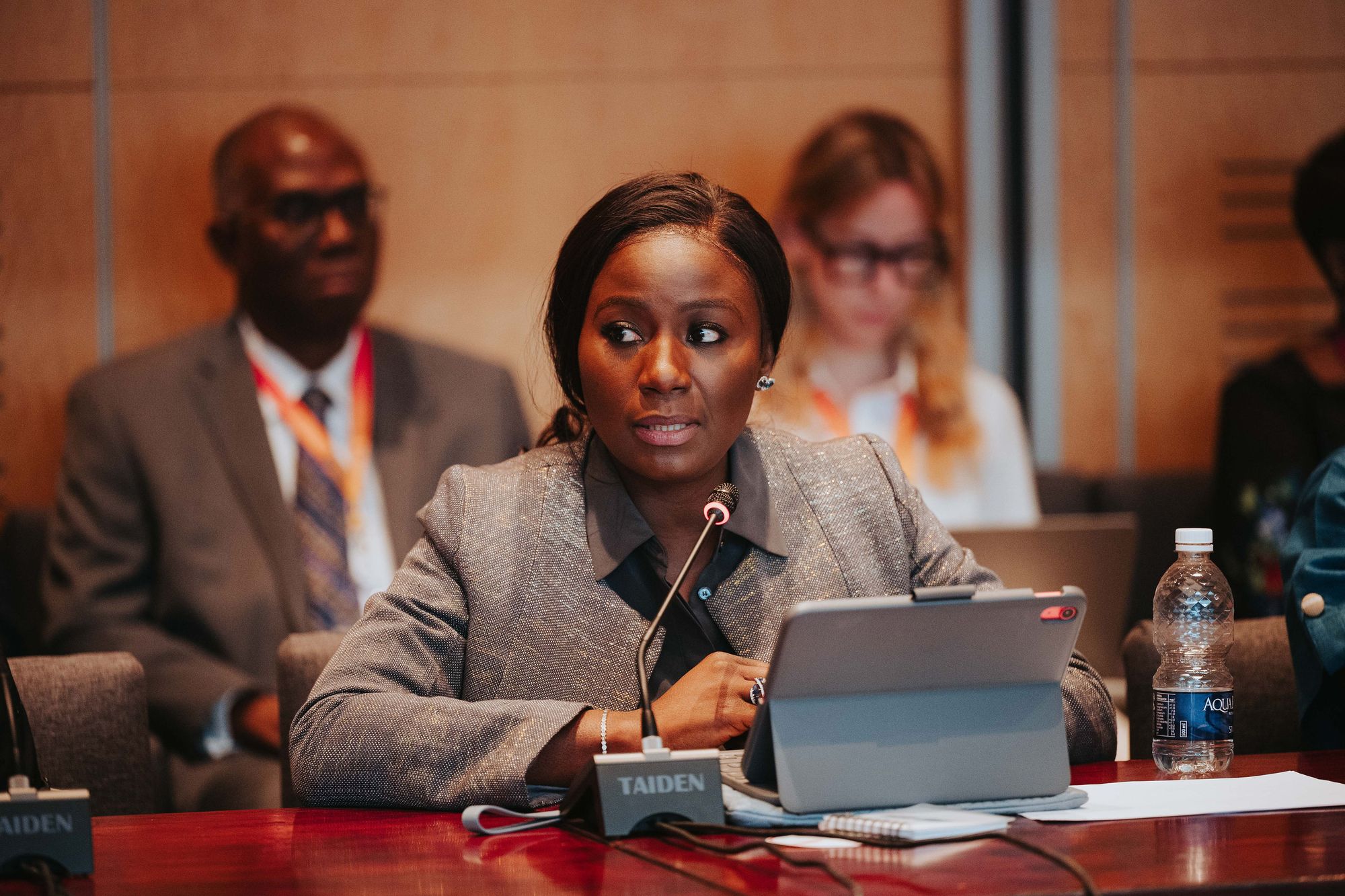
She stressed that the future of Africa’s energy lies in embracing fresh perspectives, particularly from young professionals and women who can bring innovative solutions. “The workforce of tomorrow must be adaptable, innovative, and diverse,” she affirmed. However, she noted that attraction alone is insufficient; retention and progression to senior positions require active sponsorship. Drawing from her own experience as President Bola Ahmed Tinubu’s energy adviser—an unprecedented role for a young woman in Nigeria—she illustrated how bold leadership that challenges convention can inspire progress and pave the way for inclusivity.
Policy and Structural Reform
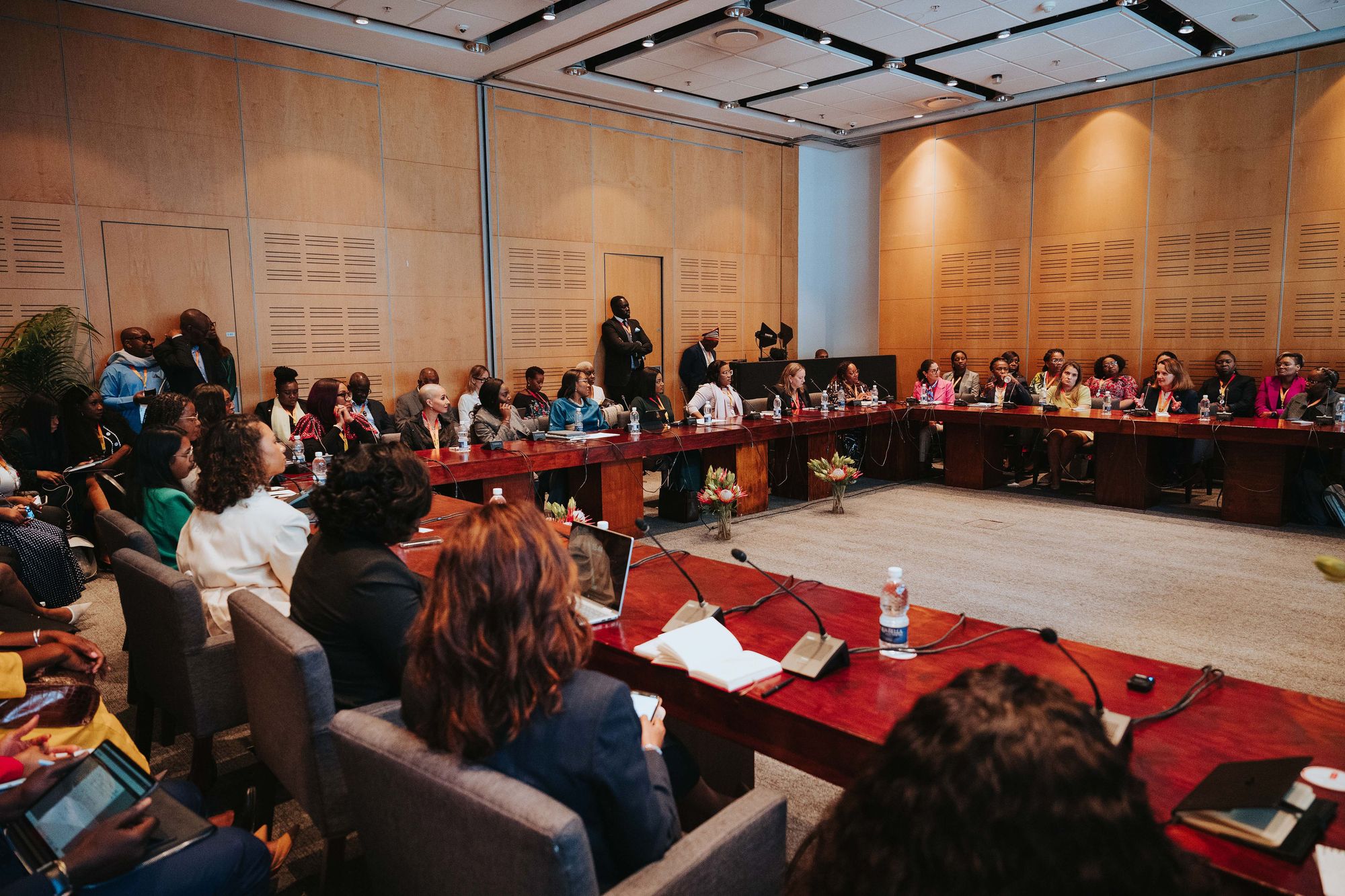
Panelists underscored the need for robust policy frameworks to encourage gender diversity and enhance skill development. They highlighted the importance of government incentives that prioritise hiring and advancing women in STEM and energy roles. Furthermore, calls were made for public-private partnerships that can facilitate training programs designed to empower women with the technical skills and leadership acumen required for the industry.
One of the session’s standout messages was the necessity of proactive measures. Policies must not only open doors for women but create pathways for their sustained growth into senior roles. By weaving gender considerations into the fabric of energy policies, participants agreed that a more inclusive and balanced workforce can be achieved.
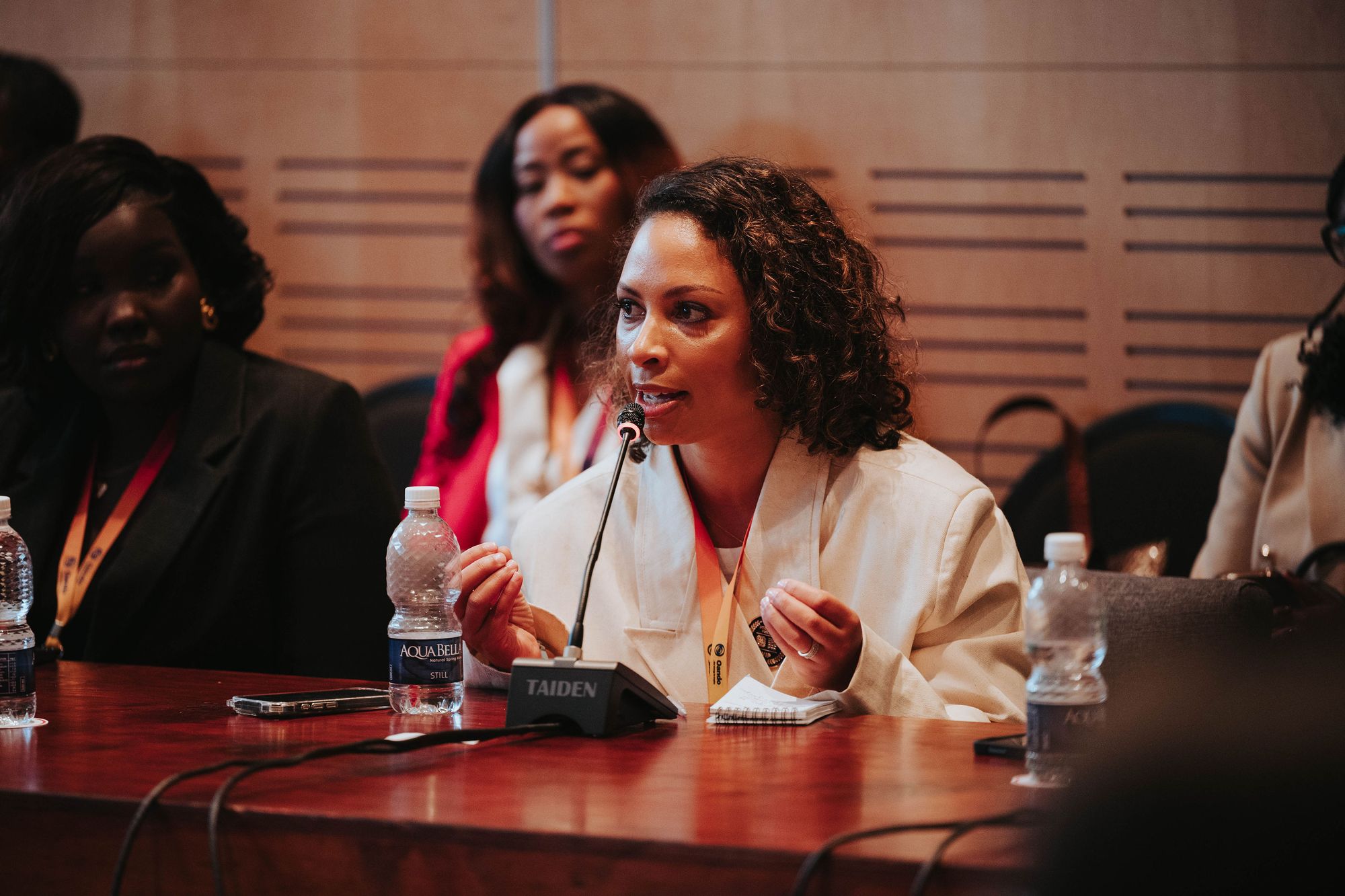
Grassroots and Community Engagement
Many panelists stressed that building a sustainable workforce begins at the grassroots level. Initiatives aimed at nurturing interest in STEM fields among young girls were championed as essential. Programs that connect schools, community groups, and industry stakeholders were cited as key drivers for sparking interest in energy careers early on and ensuring that opportunities are accessible from the ground up.
The Power of Sponsorship
A recurring theme during the discussion was the shift from mentorship to sponsorship. Sponsorship involves influential advocates who actively position women for leadership opportunities, a step beyond providing guidance. Panelists echoed that fostering strong networks where women champion each other is critical for breaking barriers and ensuring more women are represented at executive levels.
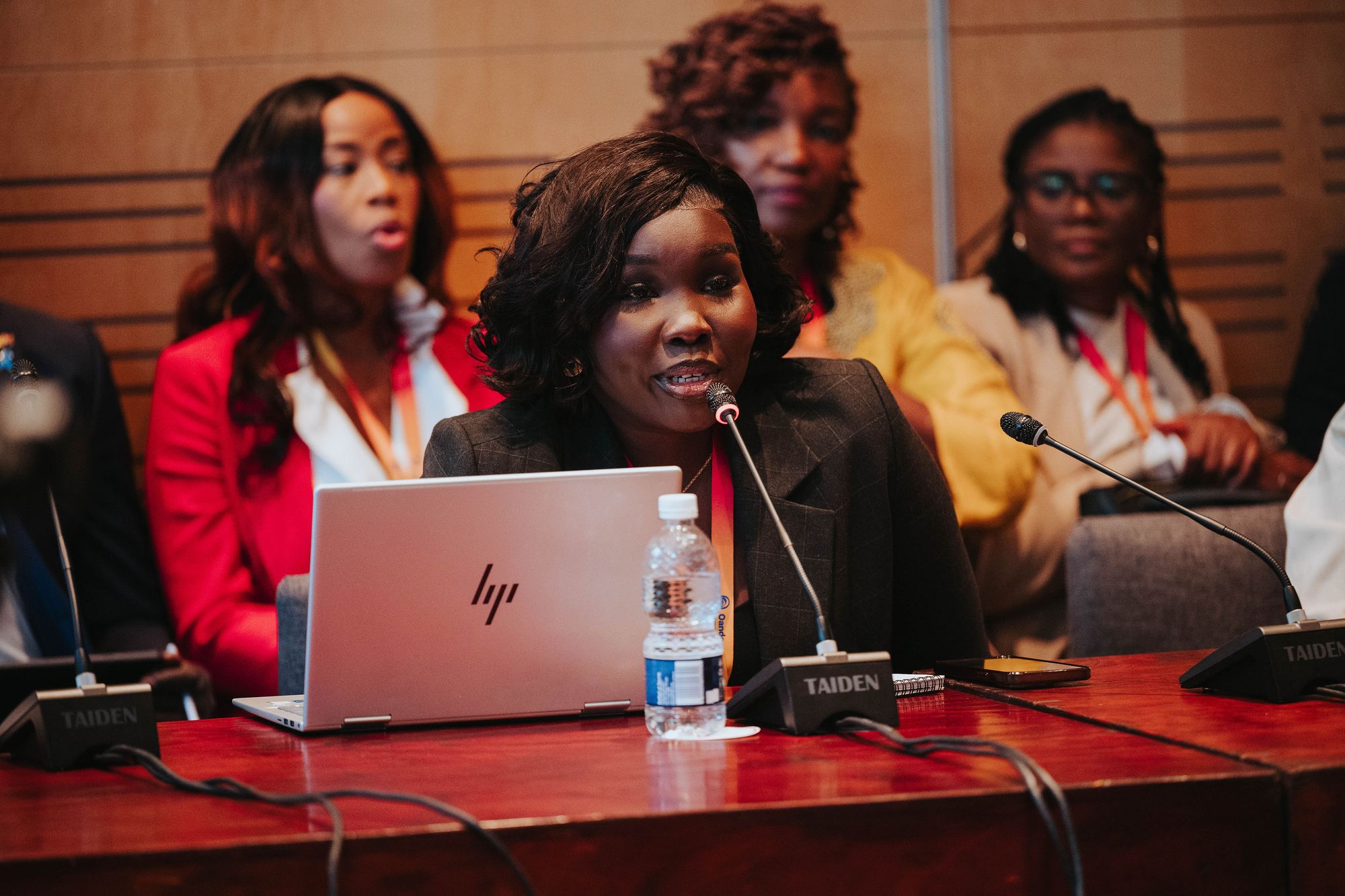
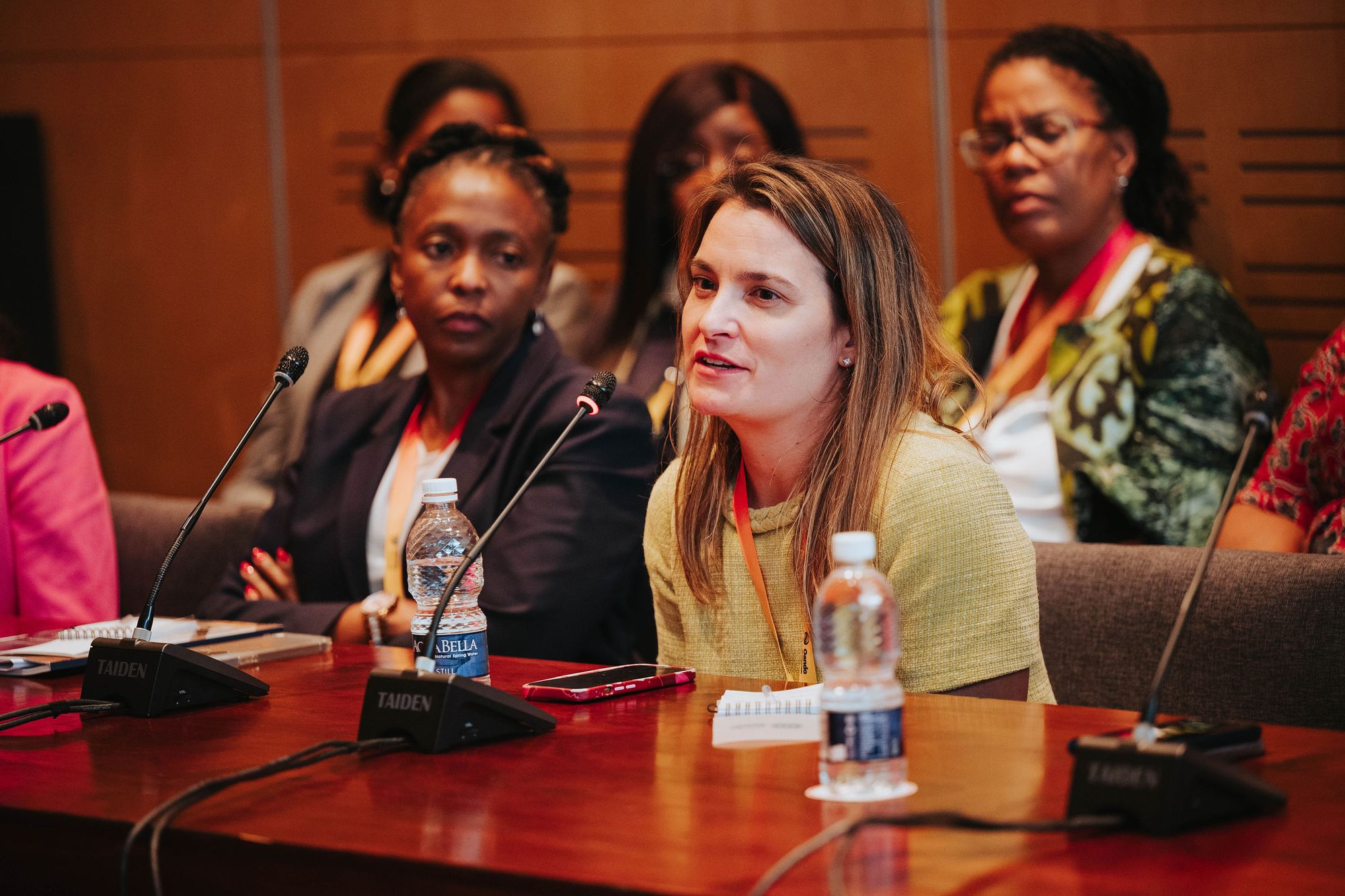
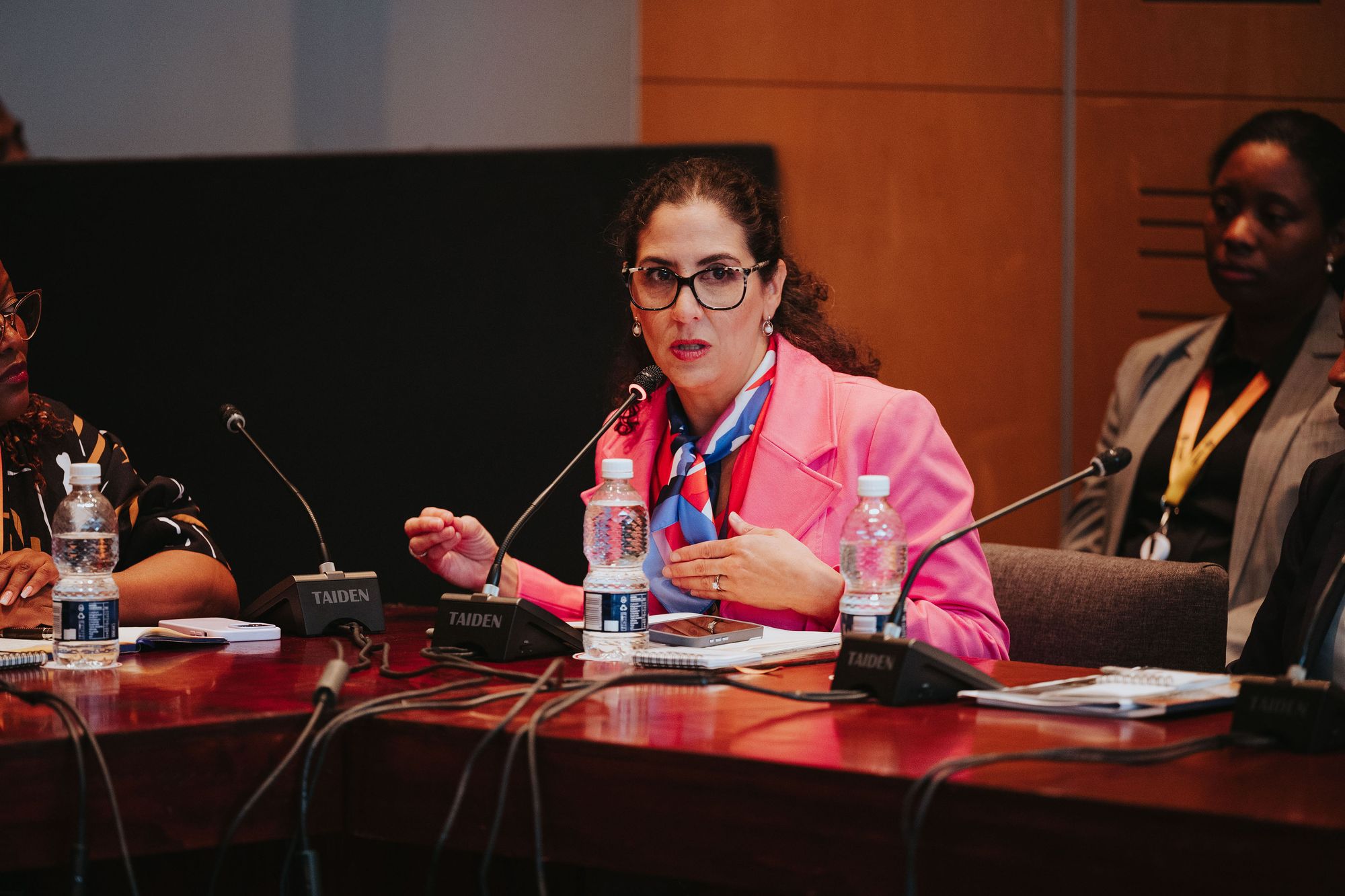
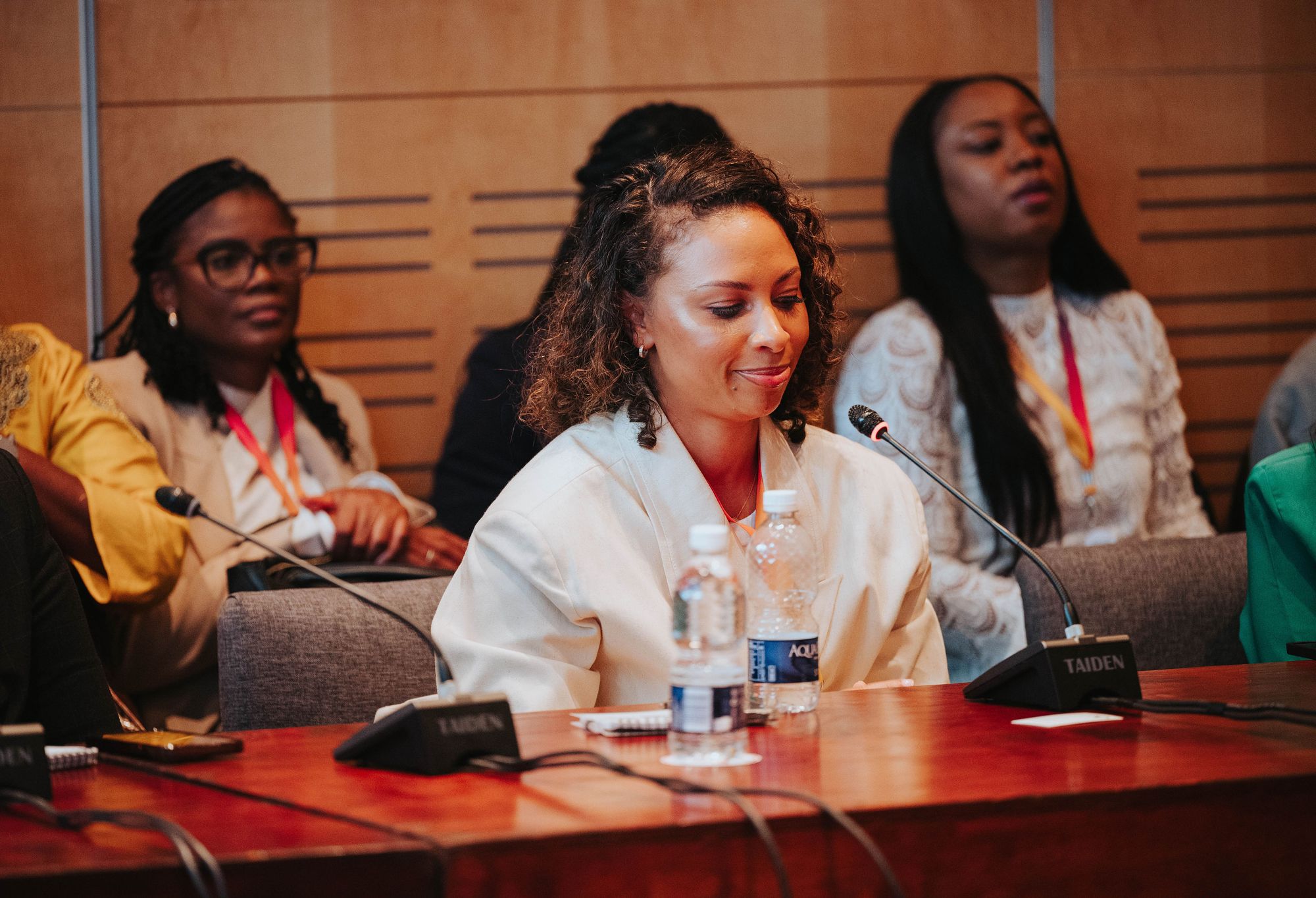
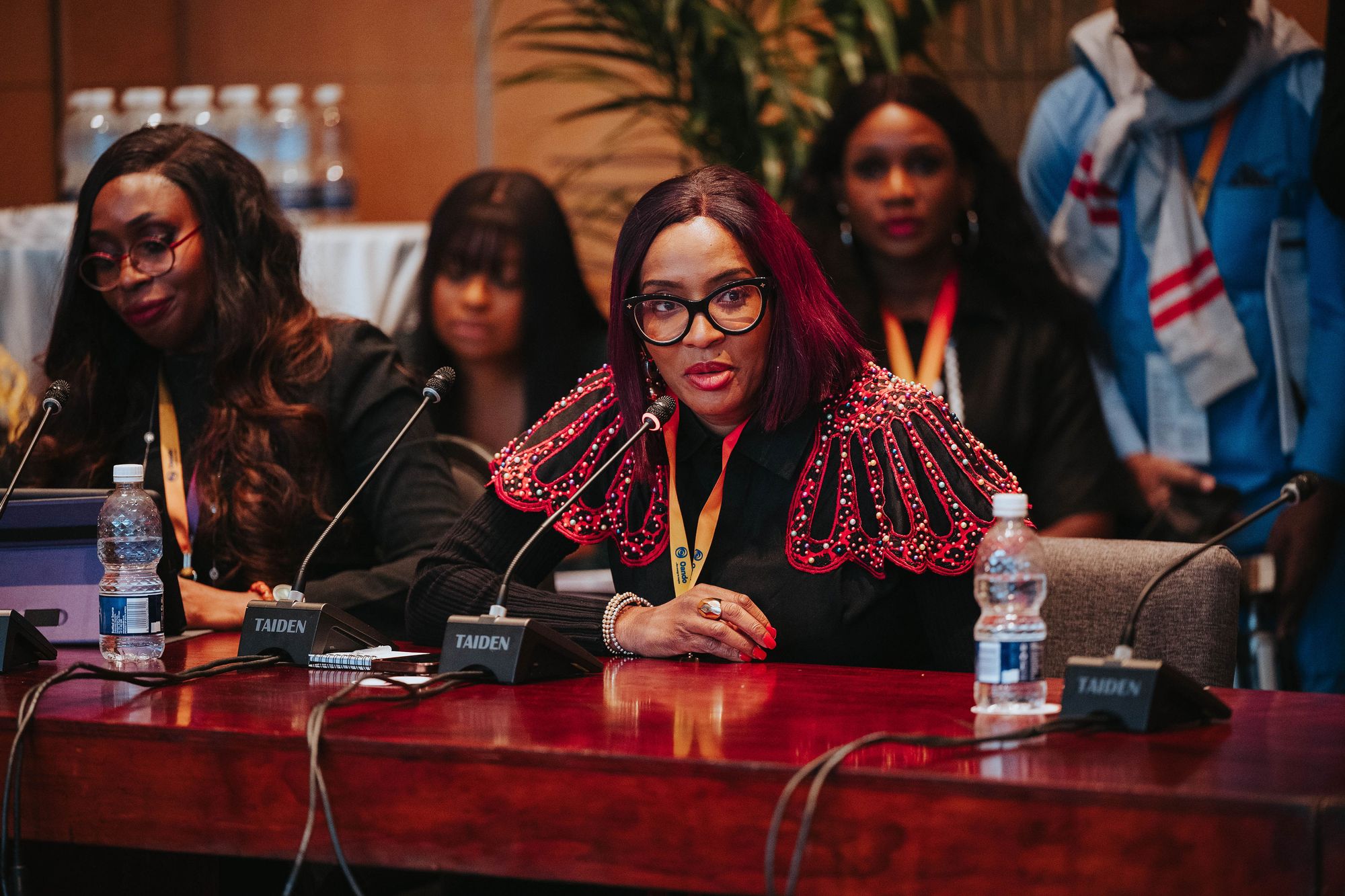
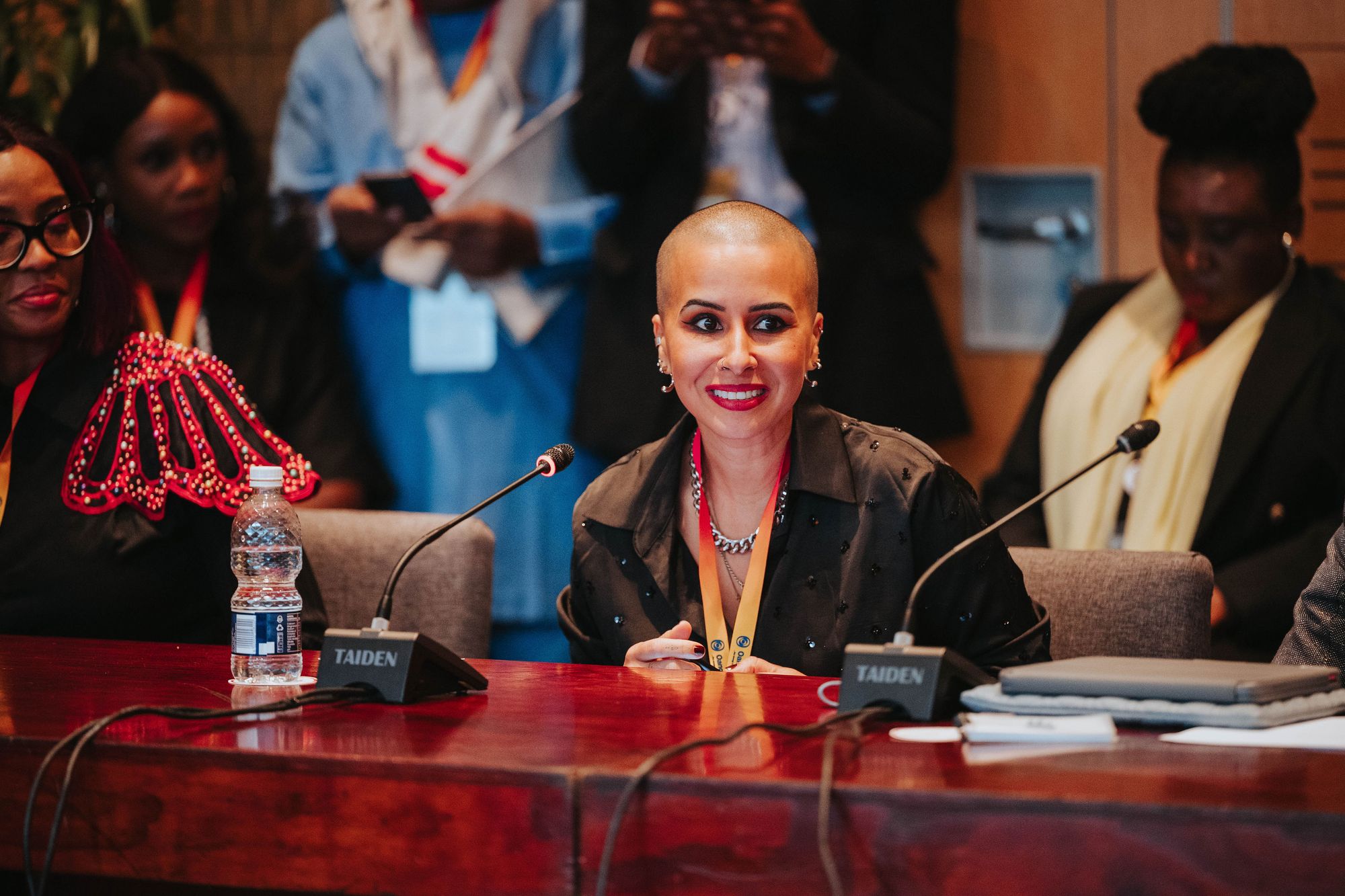
Moving Forward with Purpose
Participants left the round table with a renewed commitment to implement the strategies discussed. Whether through establishing mentorship programs, pushing for inclusive policies, or supporting community-based STEM initiatives, attendees were inspired to take concrete steps. The round table wasn’t just an exchange of ideas; it was a catalyst for change, setting in motion plans to cultivate a workforce that mirrors the potential and diversity of Africa itself.
